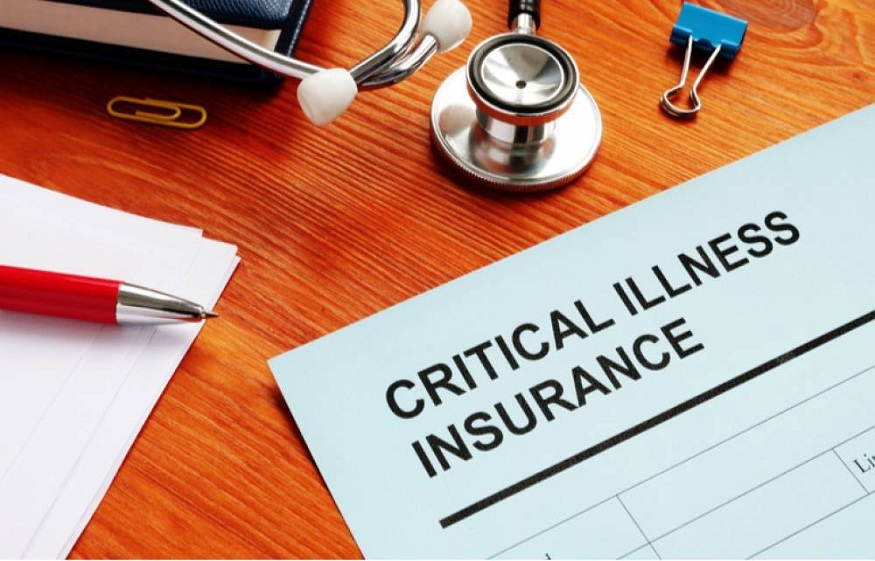Know the Factors That Affect Critical Illness Insurance Premium

The year 2020 made it clear that health is the ultimate form of wealth that needs attention. Everyone needs to be careful about their health by monitoring their eating habits, exercise, maintaining an active lifestyle and more, some of which are not negotiable at all. But besides that, you need to back it up using a health insurance policy.
Health insurance plans provide a financial coverage against ailments that bring mental and financial stress. While the mental stress cannot be mitigated completely, the finance bit of it can be when you invest in health insurance plans. There are many types of insurance polices based on the coverage. The most basic policy is an individual cover that offers protection to a single beneficiary. For a more inclusive option, you can choose to buy a family floater policy that covers more than one beneficiary, i.e., your entire family at once. Similarly, for more severe ailments, there are critical illness policies.
What is a critical illness insurance plan?
Critical illness plans are those health insurance covers that pay a lumpsum amount on diagnosis of the specified ailment. Unlike standard health insurance plans, these policies do not wait for you to get admitted to a hospital or finish your treatment to reimburse the cost of it. Instead, they simply pay a defined sum on diagnosis of the ailment. Hence, these critical illness policies are also called as defined-benefit plans. While you may wonder which are the factors that affects its premium, this article has you covered.
*Age of the beneficiary
Age is the primary element based on which the premium of a critical illness policy is determined. Considering the human body has increased dependence on medical support as it ages, the premiums for elderly individuals are higher. On the contrary, younger individuals are not susceptible to medical exigency and hence have lower premiums. However, that should not mean you defer or delay in buying a critical illness insurance. Considering your family medical history, you must buy one as early as possible.
*Pre-existing health conditions
Pre-existing conditions are those ailments which a prospective policyholder is suffering or diagnosed at the time of availing the insurance coverage. If you are seeking coverage for these pre-existing ailments in a critical illness plan, the insurance company may levy a waiting period or even charge a higher premium or even both. Hence, the severity of such pre-existing conditions has an influence on the premium amount.
*Family health history
If you have a family health history of critical illnesses, then the risk for the insurance company automatically increases and in effect, impacts the premium for the plan.
*Lifestyle preferences
A few insurance companies consider the applicant’s lifestyle preferences too. These lifestyle preferences have an impact on probability of the critical illness occurring and hence impacts the premium. An example of such lifestyle preference is whether the policyholder is an active smoker or not.
*List of ailments covered
The broader the scope of your insurance plan, the higher is its premium and vice versa. In addition to that, any add-ons opted in the critical illness plan also increase the premium directly. *
* Standard T&C Apply
While these are some elements that impact the cost of your critical illness policy, a health insurance premium calculator can be handy to estimate the impact of these factors on the premium. Insurance is the subject matter of solicitation. For more details on benefits, exclusions, limitations, terms and conditions, please read sales brochure/policy wording carefully before concluding a sale.










